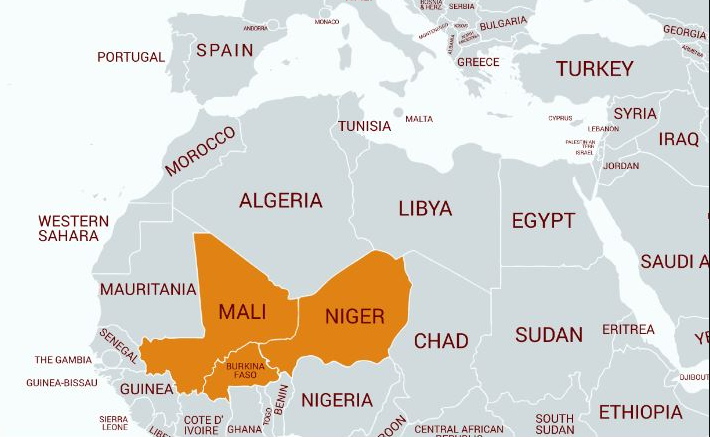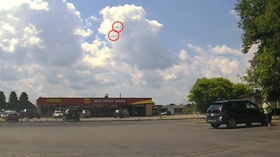Mali, Niger and Burkina Faso—Why the Humanitarian Crisis in Central Sahel Region Needs Special Attention

At the beginning of this year, on January 12, 2024 to be precise, about 20 eminent persons involved in humanitarian aid efforts for Central Sahel region of Africa issued an appeal for giving the proper attention to the serious humanitarian situation in the three countries of this region—Mali, Burkina Faso and Niger. These eminent persons included the UN Under-Secretary General of Humanitarian Affairs Mr. Martin Griffiths and the FAO Secretary General Dr. Qu Dongyu.
There was a special reason why the need for such a special appeal was felt, although of course the reason was not specifically mentioned in the document. All these three countries have experienced military coups and what is more, there has been recent pushbacks to western (particularly French and US) presence in the region, including military presence. Consequently western countries have been pulling back from development aid commitments. Hence it was feared that humanitarian aid commitments may fall much short of real needs at a time when these are desperately needed.
This appeal stated that aid operations in the region are facing “crippling funding shortfalls”. In 2023, this appeal stated, only one-third of the funding needs were met. During 2024 nearly one-fifth of the people in this region (or about 17 million people) needed humanitarian aid and protection, the appeal added.
In Mali there have been two recent military coups in 2020-21. Nearly half of the population is reported to be in extreme poverty. In 2022 the rank of the country in the Human Development Index was 186 out of a total of 191 countries. Nearly 7 million people need humanitarian assistance and protection. Nearly 400,000 are internally displaced. The humanitarian crisis is more serious in the areas bordering Niger and Burkina Faso.

Streets of Bamako during the 2020 Malian coup d’état (From the Public Domain)
In Burkina Faso there were two coups in 2022. Now nearly 6.3 million people here are estimated to need humanitarian assistance. Nearly 2 million are internally displaced.
In Niger there was a coup in 2023. Nearly 4.5 million people here need humanitarian assistance and protection. There are nearly 330,000 internally displaced people in the country. In 2022 Human Development Index ranking, the country was placed at 189 out of 191. Closure of borders has hampered the supply of humanitarian aid food and other materials.
Apart from conflict situations this region has been troubled increasingly by adverse weather situations that are likely to increase in times of climate change. In the recent past an extreme heat wave, described as a once in 200 years extreme heat condition—added to the woes of people.

Source: WFP
Apart from violence, conflicts, extremist and terror groups, the grab for valuable minerals and resources, narrow promotion of their interests by foreign powers including western countries, ecological degradation and adverse international economic and trade system have contributed to the humanitarian crisis. Earlier jobs in prosperous Libya and remittances from there had provided some support to the people here but after the removal and assassination of Qaddafi instigated by western countries this support also vanished, and instead the arrival of more destructive weapons from the fighting in Libya aggravated the violence here too.
Clearly there is a strong case for mobilizing adequate funds and materials for stepping up humanitarian assistance in the Central Sahel region to satisfactory levels.
At the same time, there should be longer-term development commitments too. As the appeal quoted in the beginning of this article says, “While humanitarian aid is urgently needed, it is not the solution to the cycles of hunger, displacement and disease that characterize the crisis in the Central Sahel region. Investments in resilience, sustainable development and social cohesion are crucial to help countries keep moving forward and to prevent further increases in human needs.”
*
Click the share button below to email/forward this article to your friends and colleagues. Follow us on Instagram and Twitter and subscribe to our Telegram Channel. Feel free to repost and share widely Global Research articles.
One Month Before Global Research’s Anniversary
Bharat Dogra is Honorary Convener, Campaign to Save Earth Now. His recent books include Protecting Earth for Children, Man over Machine and A Day in 2071. He is a regular contributor to Global Research.
Featured image: Since January 2019, 600,000 people have fled violence in Burkina Faso, such as this family in Pissila camp, near Kaya. Photo: WFP/Marwa Awad



